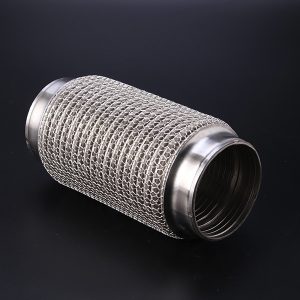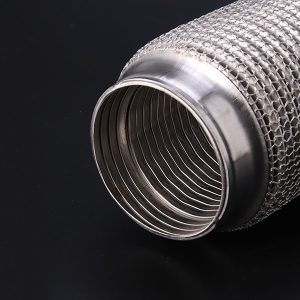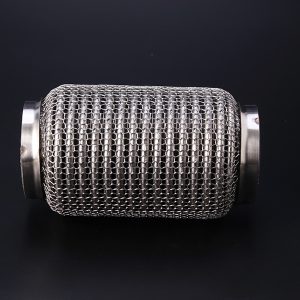


Flexible exhaust pipes play an important role in reducing vehicle emissions. These ducts are designed to be more flexible than traditional rigid exhaust pipes, which allows them to absorb vibration and movement in the exhaust system. They are usually made of stainless steel or other durable materials that can withstand high temperatures and harsh environmental conditions.
One of the primary benefits of flexible exhaust pipes is that they can help reduce emissions by preventing leaks in the exhaust system. Leaks can occur when the exhaust system is not properly sealed, which can allow harmful gases to escape into the environment. Flexible exhaust pipes help to prevent leaks by providing a more secure connection between the exhaust manifold and the rest of the exhaust system.
In addition to preventing leaks, flexible exhaust pipes can also help to reduce noise pollution. The flexible design of these pipes helps to absorb vibrations and reduce the amount of noise that is generated by the exhaust system. This is especially important for large vehicles such as trucks and buses, which can produce high levels of noise pollution.
The flexible exhaust pipe also contributes to reducing the overall weight of the exhaust system. Traditional rigid exhaust pipes can be heavy and bulky, adding unnecessary weight to the vehicle. The flexible exhaust is lighter and more compact, helping to improve fuel efficiency and reduce the overall weight of the vehicle.
Overall, flexible exhaust pipes play a vital role in reducing emissions from vehicles. They help to prevent leaks in the exhaust system, reduce noise pollution, and improve fuel efficiency. As the demand for more environmentally friendly vehicles continues to grow, the use of flexible exhaust pipes is likely to become even more widespread in the future.

